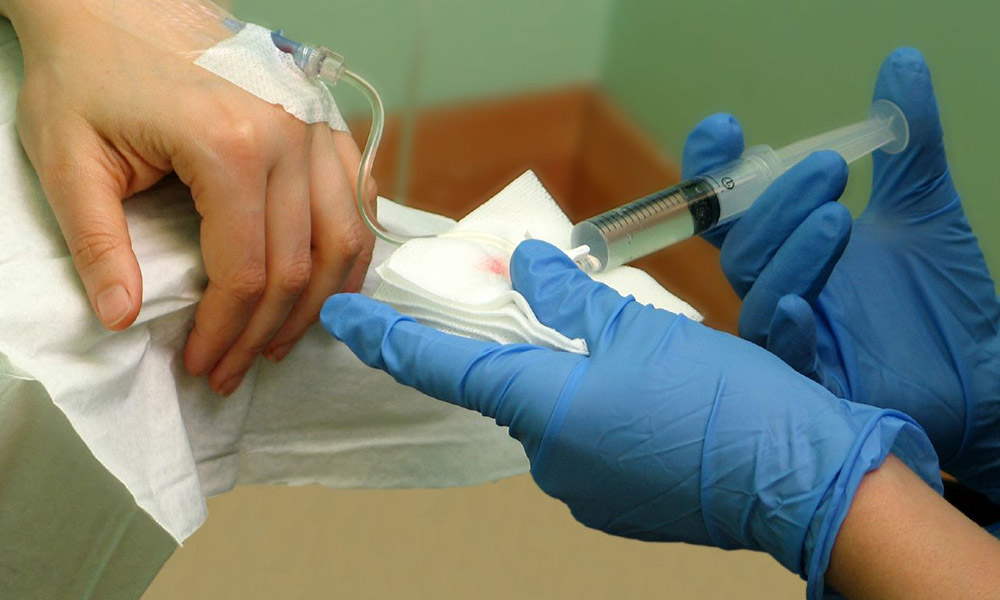
Blocking cellular quality control mechanism gives cancer chemotherapy a boost
A University team found a way to make chemotherapy more effective by exposing cancer cells to a molecule that inhibits NMD (nonsense-mediated mRNA decay) prior to treatment with doxorubicin, a drug used to treat leukemia, breast, bone, lung and other cancers.
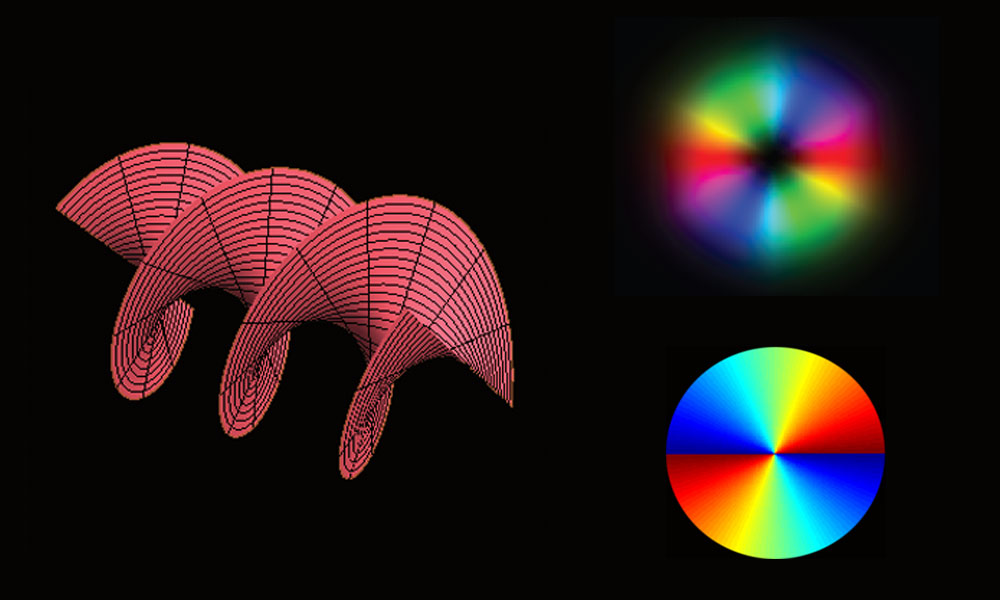
New approach uses “twisted light” to increase the efficiency of quantum cryptography systems
Rochester researchers and their collaborators have developed a way to transfer 2.05 bits per photon by using “twisted light.” The new approach doubles the 1 bit per photon that is possible with current systems that rely on light polarization and could help increase the efficiency of quantum cryptography systems.
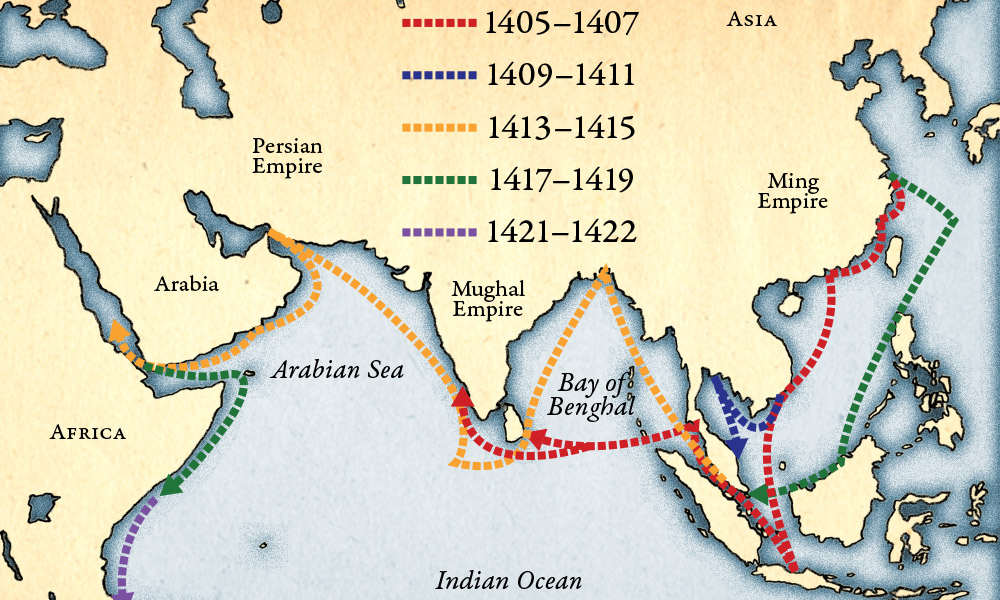
What drives human exploration of the unknown?
In his new book, professor of history Stewart Weaver chronicles journeys of discovery from the pre-historic trek of humans across the land bridge over the Bering Strait some 12,000 years ago to the mid-20th century deep sea voyages of Jacques-Yves Cousteau.
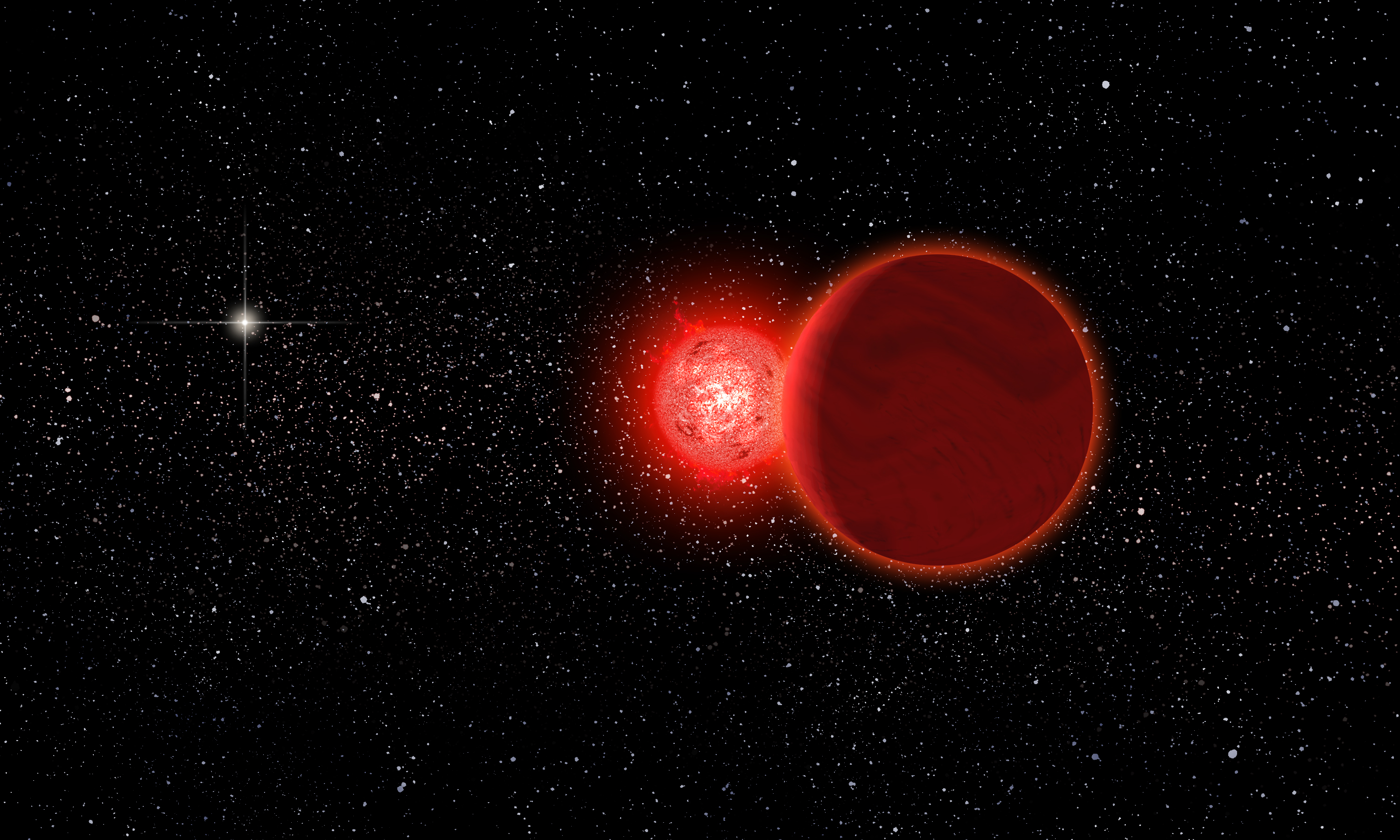
A close call of 0.8 light years
A recently discovered dim star likely passed some 70,000 years ago through our solar system’s distant cloud of comets known as the Oort Cloud. No other star is known to have ever approached our solar system this closely.
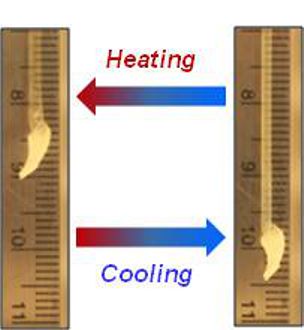
New self-stretching material developed at University of Rochester
Although most materials slightly expand when heated, there is a new class of rubber-like material that not only self-stretches upon cooling; it reverts back to its original shape when heated, all without physical manipulation.

Money, media coverage contribute to ‘negative’ campaigns
In a new study, Simon School professor used data science methodologies to take a closer look at what actually motivates candidates to “go negative.”

Curious monkeys share our thirst for knowledge
Monkeys are notoriously curious, and new research has quantified just how eager they are to gain new information, even if there are not immediate benefits.

A picture is worth 1000 words, but how many emotions?
During a political campaign voters will often share their views through pictures posted on social media. A human could recognize one as being a positive portrait of the candidate and the other one negative. Professor Jiebo Luo and his collaborators are training computers to make the same assessments.
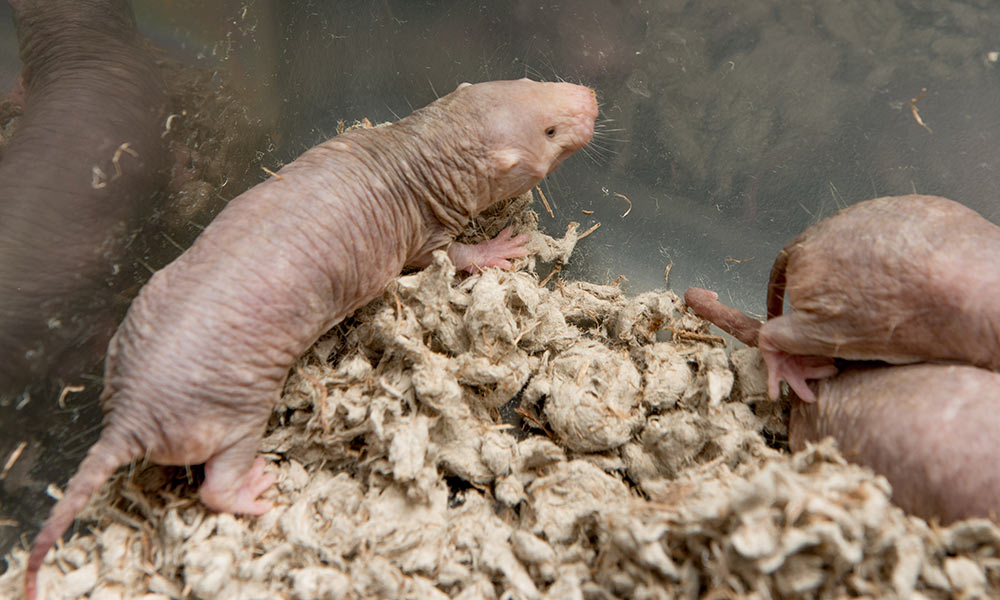
An extra protein gives naked mole rats more power to stop cancer
Naked mole rats are small, hairless, subterranean rodents that have never been known to get cancer despite having a 30-year lifespan. A new protein discovered by biologist Vera Gorbunova may help explain why.
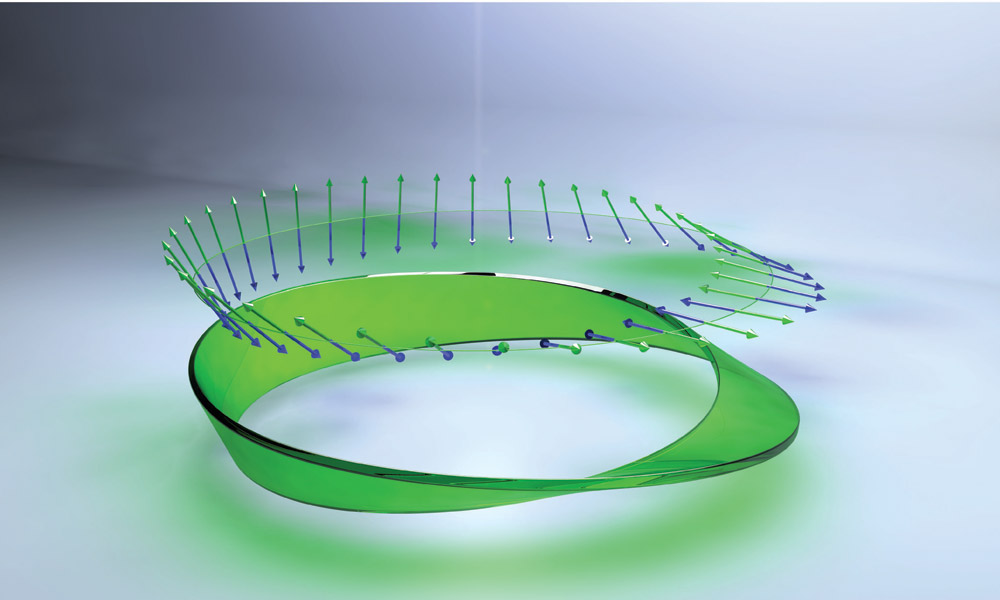
Generating Möbius strips of light
A collaboration between researchers from Canada, Europe, and Rochester has experimentally produced Möbius strips from the polarization of light, confirming a theoretical prediction that it is possible for light’s electromagnetic field to assume this peculiar shape.
